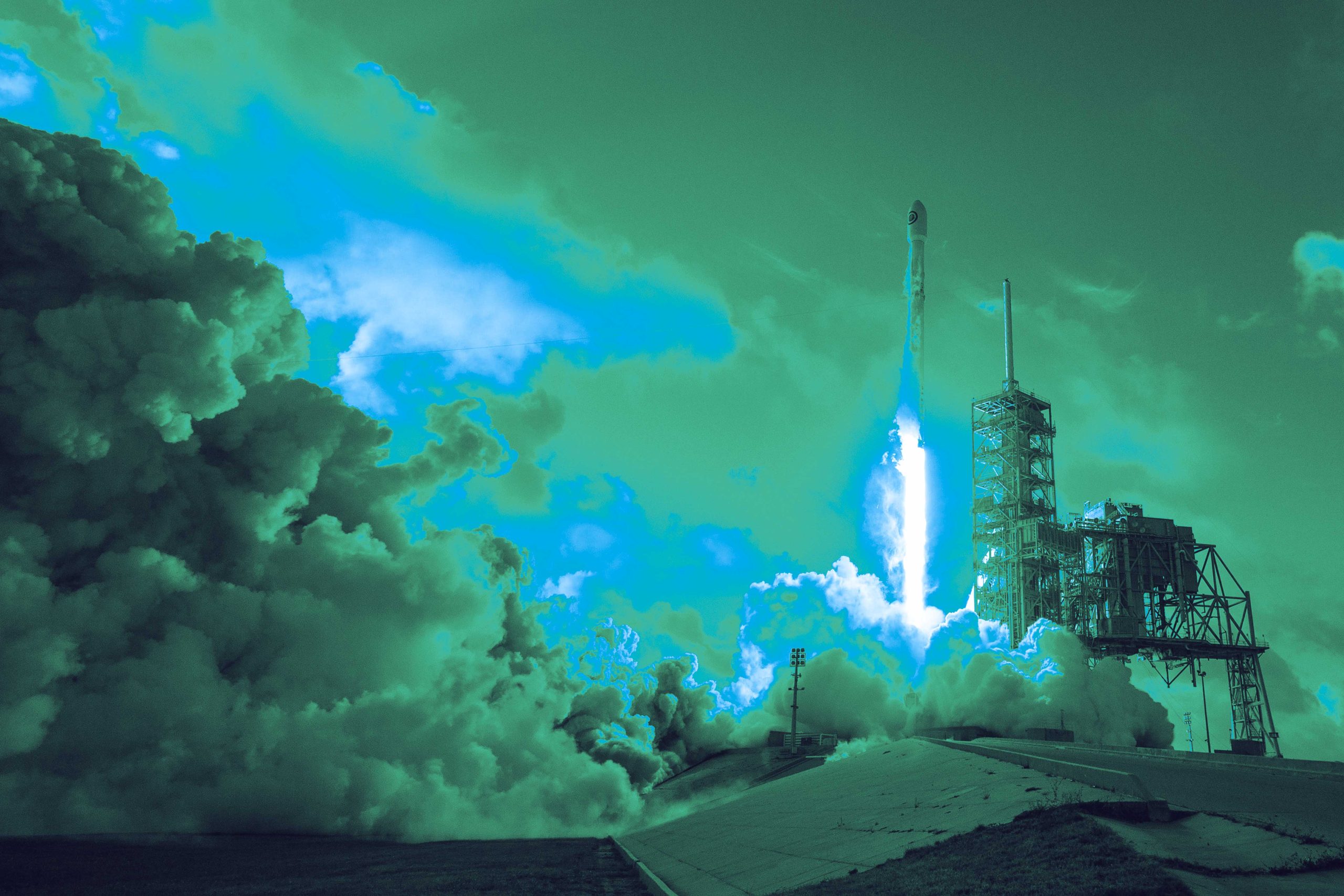On The Cyber Security Matters Podcast we often talk about diversity. On Episode 8 of the podcast we spoke to Alexandra Godoi, the Information Security GRC Lead at Oxfam, about the work she does to actively improve gender diversity in the industry. Alexandra was named as one of the Top 30 Female Cyber Security Leaders of 2022, thanks to her work as a speaker and panellist at conferences and her role in increasing awareness around the need for cybersecurity in the world of NGOs.
Read on to learn more about reducing the gender imbalance in our industry!
What do you think can be done to increase women’s voices and presence in a company?
Designs should influence a company’s decisions in developing products. It’s not just about listening to the women in your company, because they might not have a full picture. Go through that route of participatory design, which is where you go and ask the community, ‘What do you think about this? How would this impact your life? Do you have any concerns?’ Actually talk to people – that will help everybody move towards having security and privacy by design. We have a lot to learn from each other.
What do you think it means to be a woman in cyber?
I don’t particularly see myself as a woman in cybersecurity, I’m just somebody that works in cybersecurity who cares about human rights issues. I don’t think we should focus on this disparity between men and women, because I’m not doing anything differently than my male counterparts. We’re all here to do our jobs.

What can be done to help address the digital gender gap and internet access imbalance?
There are different aspects that we can look at when we’re talking about the digital gender gap. One of the points that I’ve seen being made is the fact that there are not enough women in STEM, for example, but it runs deeper than that. It depends on the context and where in the world we’re talking about. A good example is that in India and Pakistan, access to technology like mobile phones is reserved to the man of the house. Because of this, women don’t have access to the digital space in the way that their male counterparts do.
The way technology is designed also puts a lot of pressure on the end user. You are expected to know how a computer works, you’re expected to know what a virus is and how to protect yourself, you’re expected to know that you need to set up strong passwords. Not everybody has access to the same level of education around those topics. Putting that pressure on the end user is not a fair point to start with, because you’re making the assumption that everybody who uses technology has access to equal opportunities.
Diversity is being used as a checkbox by tech giants. How do you think they can better level that diversity playing field?
Creating industry standards for security could be a way to push diversity as a non-political agenda. It is slightly political, because we’re talking about human and digital rights, but it is a way to push for more inclusivity. If we come up with a standard that means security risks are taken into consideration from the get-go, we should push for that, because it removes the pressure from end users and makes the digital space more equitable.
To hear more about the work that Alexandra and Oxfam are doing to promote human rights in the Cyber Security space, tune into the full episode of The Cyber Security Matters Podcast here.
We sit down regularly with some of the biggest names in our industry, we dedicate our podcast to the stories of leaders in the technologies industries that bring us closer together. Follow the link here to see some of our latest episodes and don’t forget to subscribe.


